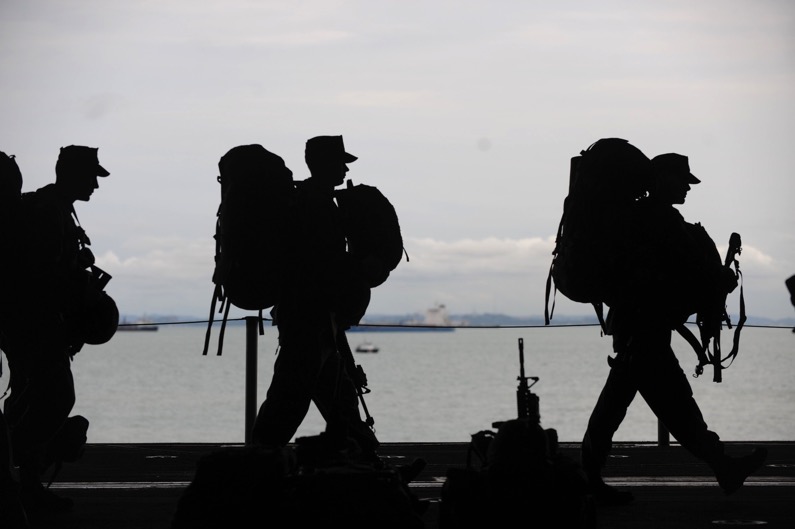The global COVID pandemic has already had a sharply negative effect on businesses across the world. While it has caused some to slow down, others have had to close down entirely leaving millions without jobs. Impoverished nations have had to weigh their economy over human life, a choice no democratic country can ever get politically correct.
However, looking over what is already a gloomy situation is the prospect of war. Not only have the ones that raged before the pandemic continue to go on, but new ones like the Armenia / Azerbaijan or the Tigray war seem to undermine what may already be a sliver of hope for businesses.
War and the Pandemic – A Double Whammy for Businesses
Social distancing has destroyed the tourist, hotel and restaurant industries in most countries around the world. However, war will further destroy industries like advertising, broadcasting, banking, medical etc. War almost always means that everyone needs to take cover and only venture out when absolutely needed. When combined with the already devastated economy and people, you have a war that can soon spiral out of control.
The impact on global businesses for war and the pandemic is for the most part negative. Most global businesses don’t want to operate in countries that are at war because not only is it dangerous, but the outcome of such conflicts is hard to predict. Since businesses thrive on a degree of predictability, not being able to predict the outcome means that they count their losses and leave. Now for the countries from where international businesses have left, it can take decades of confidence-building measures to get them back.
How Can Businesses Operate in Conflict Zones / Countries?
Some businesses can operate in conflict zones depending on how intense the battle is and the nature of the business. However, almost always, the business will need to rely on local knowledge and people with an understanding of the local language. Being operated by locals makes it less dangerous and easier for the most part because people trust either the representatives of the business or the business itself.
Global businesses can also operate in conflict zones through local proxies. The best model here is franchising. A good example of this is French petroleum company Total, which continues to operate in many conflict zones across the middle east and Africa by mainly franchising the brand. The effect of franchising is that Total does not have to worry about adapting the company, it’s advertising, marketing, message, and people because that’s handled by the locals who run the company.
In a conflict zone, those locals can use their knowledge of the situation and adapt to it quickly. The result is that businesses don’t suffer as much as they would if they weren’t locally operated.
Businesses Need Translators More Than Ever Before
Language professionals are needed by businesses more than ever before. Now is the best time for businesses to grow across borders at a fraction of the price. However, the barrier to entry into many markets is ‘language’, an issue that can be overcome by a team of native language experts.

